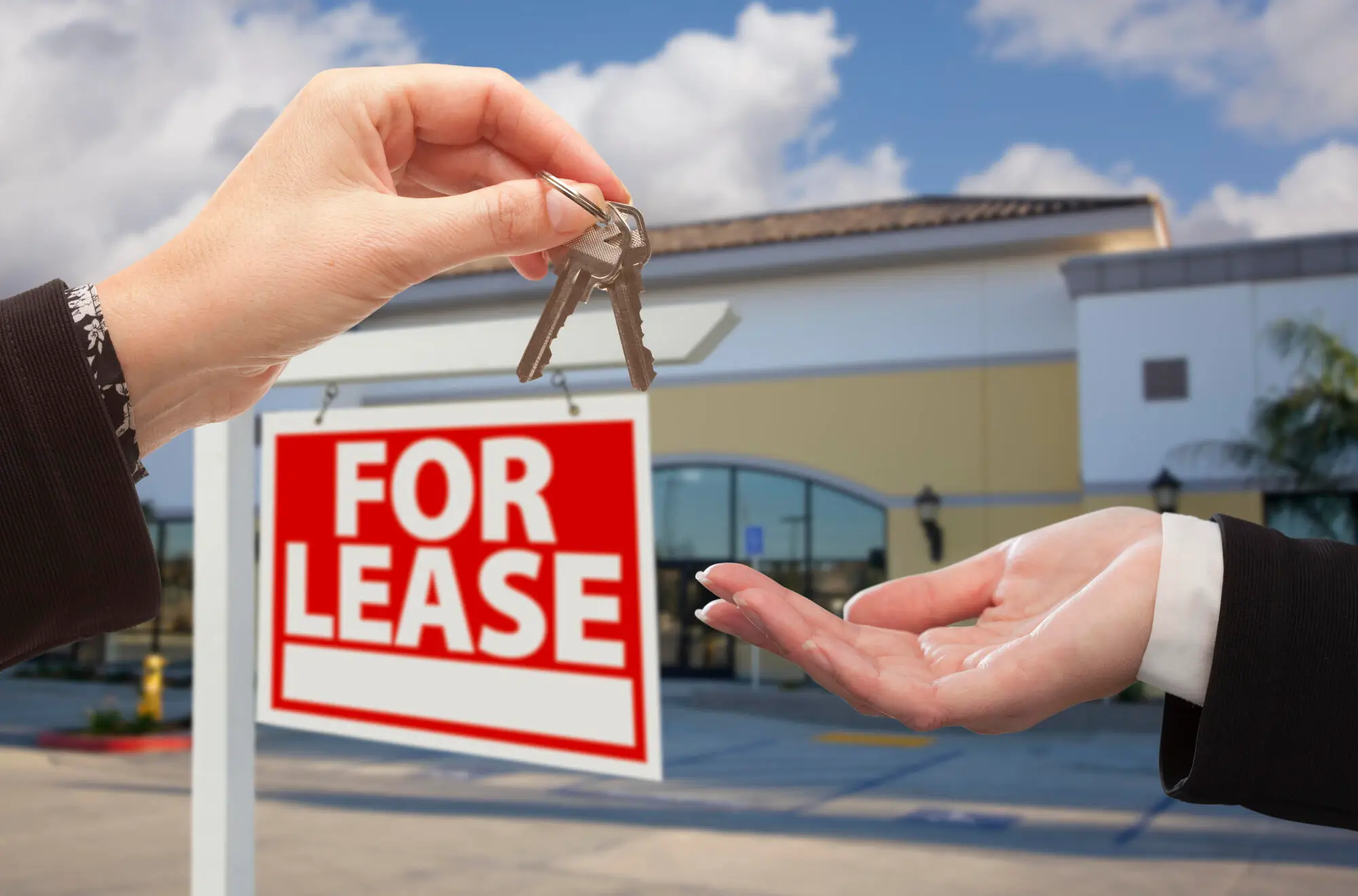Lease administration is a critical aspect of property management, serving as the backbone of a well-managed real estate portfolio. Whether you're managing residential, commercial, or mixed-use properties, staying organized and maintaining accurate records is essential.
It helps ensure compliance, maximize property profitability, and foster positive tenant relationships. Proper lease administration involves managing the entire lifecycle of a lease - from drafting agreements to overseeing lease renewals and tracking tenant obligations.
Here are the essential steps to navigate lease administration effectively and ensure successful rental management.
1. Centralize Lease Documents
Having a centralized system for storing all lease-related paperwork helps ensure that contracts, amendments, and important communications are easily accessible.
Consider using a digital lease management platform that allows you to do the following:
- Securely store documents
- Set reminders for key dates
- Provide easy access to authorized personnel
2. Understand Lease Terms and Conditions
For effective lease administration, it's crucial to thoroughly understand the terms and conditions of each lease agreement. Every lease is different, especially in commercial properties where tenants may have unique clauses tailored to their business needs.
Understanding these elements allows you to manage tenant expectations, avoid disputes, and ensure compliance with all contractual obligations.
3. Stay on Top of Key Dates and Milestones
Managing key dates is essential for keeping the lease administration process smooth and efficient. Missed deadlines, such as renewal options or rent increases, can result in significant financial losses or legal complications.
Utilize lease management software or set up a calendar system that tracks important milestones such as:
- Lease commencement and expiration dates
- Rent review or escalation dates
- Renewal options and deadlines
- Maintenance or compliance inspections
Automated reminders and notifications can help ensure that no critical dates slip through the cracks, allowing property managers to act proactively rather than reactively.
4. Monitor Tenant Compliance and Performance
Lease administration also involves ensuring that tenants comply with the terms of their lease agreements. This includes regular monitoring of:
- Rent Payments
- Insurance Requirements
- Maintenance and Repairs
- Use of Property
Regular communication with tenants and periodic property inspections can help address compliance issues early on, preventing larger problems down the line.
5. Manage Lease Renewals and Expirations
Lease renewals and expirations are key moments in the lease lifecycle. Proactively managing these processes helps maintain occupancy rates and ensures a steady income stream.
Start discussions with tenants well before their lease expires to gauge their intentions regarding renewal. For commercial properties, it's essential to assess market conditions to determine if rent adjustments are appropriate.
If a tenant plans to vacate, begin marketing the space in advance to minimize vacancy periods and secure new tenants quickly.
Proper Lease Administration Takes A Lot of Effort
Even though social media would have you believe otherwise, being a landlord and conducting thorough lease administration is a strenuous, time-consuming occupation. That's why hiring a property management company that takes care of it all for you is so critical.
PMI Charlotte has been in the rental management business for 20 years and is ready to bring the big guns to your rental property business. Contact our team to learn more.


